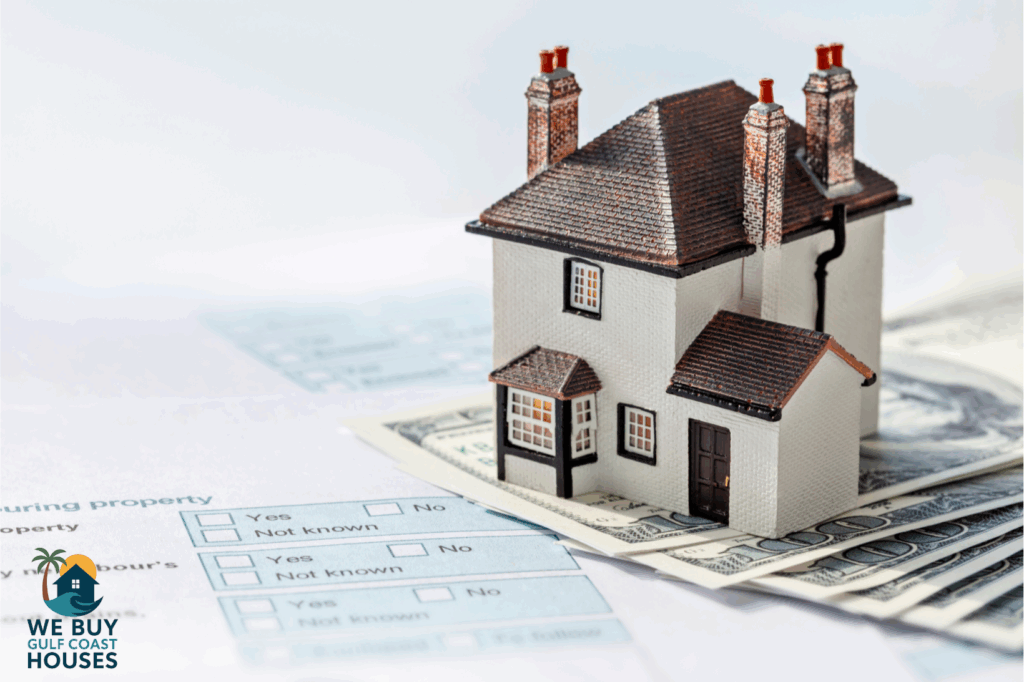Thinking about selling your Florida home in 2025? You’re not alone. With the real estate market continuing to shift, homeowners are looking for the best ways to navigate tax implications and get top dollar for their property. Whether you’re planning your retirement move, downsizing, or cashing in on rising home values, understanding the process—and the tax bill that might come with it—is critical. Let’s walk through the essentials so you can sell with confidence, keep more of your profits, and avoid nasty surprises.

Understanding the 2025 Florida Real Estate Market
Florida’s real estate market has stayed resilient, but 2025 brings fresh challenges and opportunities. While there’s no state income tax (a huge advantage), federal capital gains tax still applies. High-demand regions like Miami, Tampa, and the Gulf Coast have seen significant appreciation, making tax planning even more essential for sellers.
Market Trends to Watch
- Rising interest rates cooling buyer demand
- Demand for cash sales remains high
- Increased competition from iBuyers and cash investors
Understanding these trends helps you price your home competitively and negotiate confidently.
Tax Implications of Selling a Florida Home in 2025
Florida doesn’t have a state capital gains tax, but the federal government does. When you sell your primary residence, you may be eligible for the capital gains exclusion of up to $250,000 (single) or $500,000 (married filing jointly) if you’ve lived there 2 of the last 5 years. But profits above that are taxed as capital gains.
Key Tax Considerations:
- Cost Basis Adjustments: Include major improvements to reduce taxable gain.
- Federal Rates: Long-term capital gains typically taxed at 0%, 15%, or 20% depending on income.
- Reporting Requirements: Even if no tax is owed, you may need to report the sale to the IRS.
- 1031 Exchanges: For investment properties, defer taxes by reinvesting in “like-kind” property.
Source: IRS Topic No. 701
Strategies to Maximize Your Profit
Selling a home isn’t just about price—it’s about net proceeds. Here’s how to keep more of what you earn:
✅ Price Strategically: Overpricing can kill interest. Analyze recent sales and set a competitive price.
✅ Staging & Photography: Highlight your home’s best features to attract serious buyers.
✅ Minimize Closing Costs: Negotiate fees and shop for affordable title services.
✅ Plan for Taxes: Document improvements and work with a tax pro.
✅ Consider Selling to a Cash Investor: A cash buyer can eliminate repairs, commissions, and delays—putting more money in your pocket quickly.
Selling to a Cash Investor in Florida
For sellers facing foreclosure, inheriting unwanted property, or simply wanting a hassle-free transaction, cash investors are a practical solution. Companies like We Buy Gulf Coast Houses specialize in buying as-is, offering fair prices without the usual headaches:
- Fast Closings: Often within days
- No Repairs Needed: Sell exactly as-is
- Avoid Realtor Fees: No 6% commissions
- Certainty & Simplicity: No financing contingencies
Learn more about selling to a cash buyer here.
Common Mistakes to Avoid
❌ Ignoring the tax impact of your sale
❌ Waiting too long to list in a cooling market
❌ Over-investing in unnecessary renovations
❌ Not exploring cash offers as a serious option
❌ Forgetting to document home improvements
Conclusion
Selling your Florida home in 2025 doesn’t have to be complicated, but understanding tax implications is crucial. By planning ahead, pricing smartly, and considering all your selling options—including a cash offer—you can maximize your profit and make your move with confidence.
Ready to skip the headaches? Contact us for a fair, fast cash offer today.
Frequently Asked Questions (FAQ)
1. How much is capital gains tax on selling a home in Florida?
Florida has no state capital gains tax, but federal capital gains tax applies. You may exclude up to $250,000 ($500,000 if married) of gain if you meet ownership and use tests.
2. How do I avoid paying taxes when selling my house?
Use the IRS exclusion, adjust your cost basis with documented improvements, or consider a 1031 exchange if it’s an investment property.
3. Is it better to sell to a cash investor or list with a realtor?
Cash sales are faster, simpler, and avoid repairs and commissions—but might be lower than full retail value. Consider your timeline and priorities.
4. What costs should I expect when selling my Florida home?
Typical costs include real estate commissions (~6%), title fees, taxes on gain, and potential repair credits. Selling to a cash buyer can eliminate many of these.
5. What paperwork is required to sell a house in Florida?
You’ll need the deed, disclosure forms, property tax info, mortgage payoff, and closing statement. A title company or attorney can guide you.
